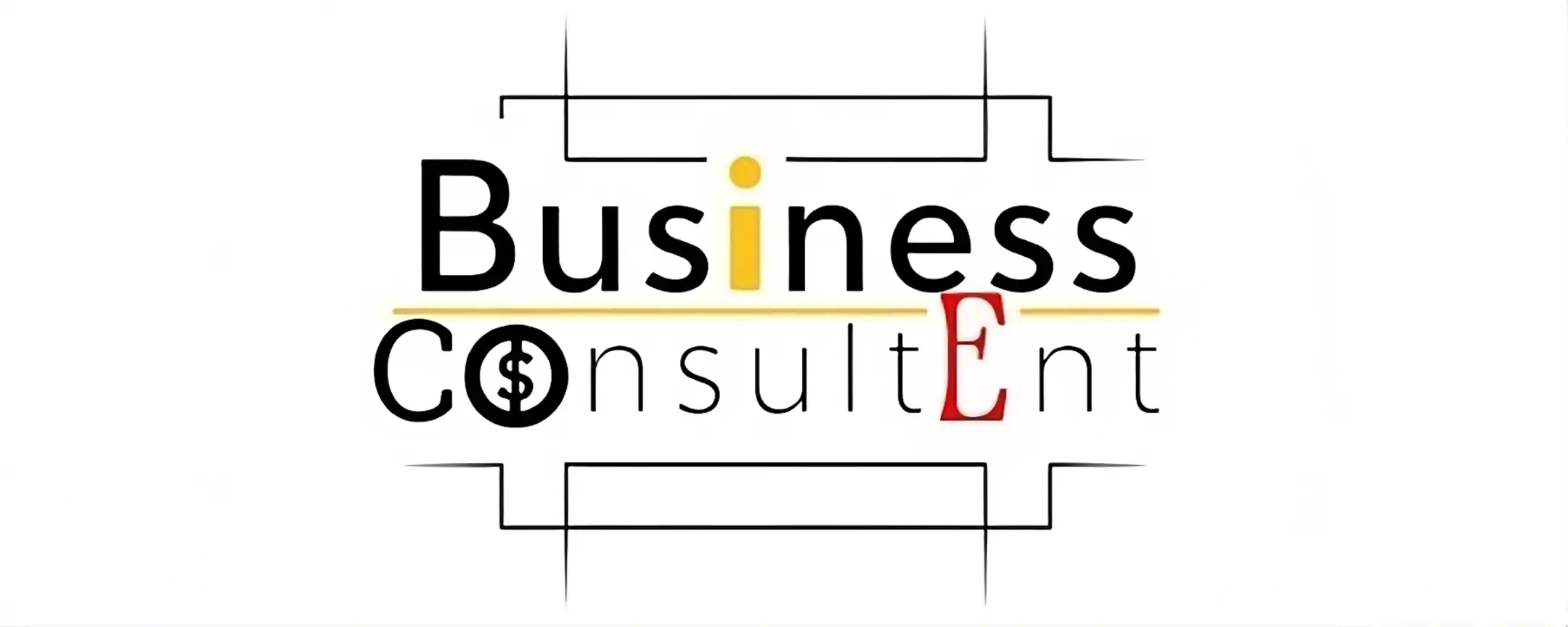
Starting a new business is an exciting yet challenging endeavour, and even the most brilliant ideas can fall victim to common pitfalls. By understanding and avoiding these startup mistakes, you’ll be better equipped to navigate the entrepreneurial journey successfully.
Lack of Planning
One of the most significant startup mistakes is diving in without a solid plan. A well-crafted business plan serves as a roadmap, guiding your decisions and keeping you on track toward your goals. Neglecting to create a comprehensive plan can lead to a lack of direction, missed opportunities, and inefficient resource allocation.
Importance of a Business Plan
A business plan should include:
– A clear definition of your business goals, products/services, and operations.
– An analysis of your industry, market forces, competitors, and competitive strategies.
– Detailed financial projections, including cash flow, income statements, and balance sheets.
Ignoring Legal Requirements and Contracts
Many startups overlook legal and regulatory responsibilities, such as business registration, zoning laws, tax obligations, and licensing requirements. Failing to address these issues can have severe consequences, including financial penalties and potential legal disputes.
Additionally, skipping contracts with co-founders, employees, vendors, and investors can leave your business vulnerable to misunderstandings and conflicts. Proper legal agreements protect all parties involved and ensure everyone is on the same page.

Poor Financial Management
Inadequate cash flow management is a common startup mistake that can quickly drain your resources. Burning through money too quickly by overspending on unnecessary expenses, such as fancy office spaces or excessive hiring, can lead to financial struggles and potential failure.
Tips for Financial Management
– Create a realistic budget and stick to it.
– Monitor expenses closely and compare them to your revenue.
– Develop a cash flow projection to identify potential problems early.
– Maintain cash reserves to weather slower periods or unexpected costs.
Lack of Market Research
Launching a product or service without thoroughly researching the market is a recipe for disaster. Failing to understand your target audience, their pain points, and the competitive landscape can result in pricing issues, ineffective marketing strategies, and ultimately, a product that fails to meet customer needs.
Conduct comprehensive market research to validate your idea, identify your unique value proposition, and tailor your offering to your target customers.

Hiring the Wrong People
Your team is the backbone of your startup, and hiring the wrong individuals can hinder your progress and negatively impact your company culture. Rushing the hiring process or failing to assess candidates’ fit with your values and vision can lead to high turnover rates, low productivity, and internal conflicts.
Take the time to carefully evaluate potential hires, not just for their skills but also for their alignment with your mission and their ability to contribute to a positive work environment.
Poor Marketing Strategy
Even the best products or services can fail without a well-executed marketing strategy. Many startups overlook the importance of crafting a clear and consistent message, identifying the most effective channels to reach their target audience, and allocating sufficient resources to marketing efforts.
Develop a comprehensive marketing plan that outlines your unique selling proposition, target customer personas, and a mix of tactics (email, social media, content marketing, etc.) to effectively promote your brand and offerings.
Undervaluing Customer Experience
Customer satisfaction is crucial for long-term success, yet many startups fail to prioritize customer experience. Neglecting to provide dedicated support, respond promptly to inquiries, or gather and act on customer feedback can lead to dissatisfied customers, negative reviews, and ultimately, loss of business.
Adopt a customer-centric approach by actively listening to your customers, addressing their concerns, and continuously improving your products or services based on their feedback.
Failing to Adapt and Pivot
Startups operate in dynamic environments, and what may have worked initially might not be sustainable in the long run. One of the most common startup mistakes is stubbornly clinging to a failing strategy or product, even in the face of evidence suggesting the need for change.
Embrace an agile mindset, continuously monitor your performance metrics, and be willing to pivot your approach when necessary. Adaptability and the ability to learn from failures are key to long-term success.

Scaling Too Quickly
While rapid growth is the dream of every startup, scaling too quickly without proper planning and resources can be detrimental. Hiring too many employees too soon, expanding into new markets prematurely, or taking on more than you can handle can lead to cash flow problems, quality issues, and potential burnout.
Pace your growth according to your capacity and resources, and ensure you have the necessary infrastructure and processes in place to support sustainable expansion.
Ignoring Intellectual Property Protection
Failing to protect your intellectual property (IP), such as patents, trademarks, and copyrights, can leave your business vulnerable to competitors and potential legal disputes. Many startups overlook the importance of an IP strategy, potentially putting their valuable assets at risk.
Consult with legal professionals to understand your IP rights and take the necessary steps to secure and monetize your intellectual property properly.
Final Toughts
Starting a new business is a challenging endeavor, and mistakes are inevitable. However, by being aware of these common startup mistakes and taking proactive measures to avoid them, you can increase your chances of success. Embrace a mindset of continuous learning, adapt to changing circumstances, and prioritize strategic planning, financial management, and customer satisfaction to build a thriving and sustainable business.
Related Contents
What must an entrepreneur assume when starting a business?
Things Entrepreneurs Need to Know
Resource
https://en.wikipedia.org/wiki/Business_failure
https://www.forbes.com/sites/theyec/2022/10/19/top-mistakes-of-new-startup-founders



